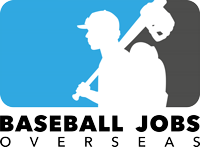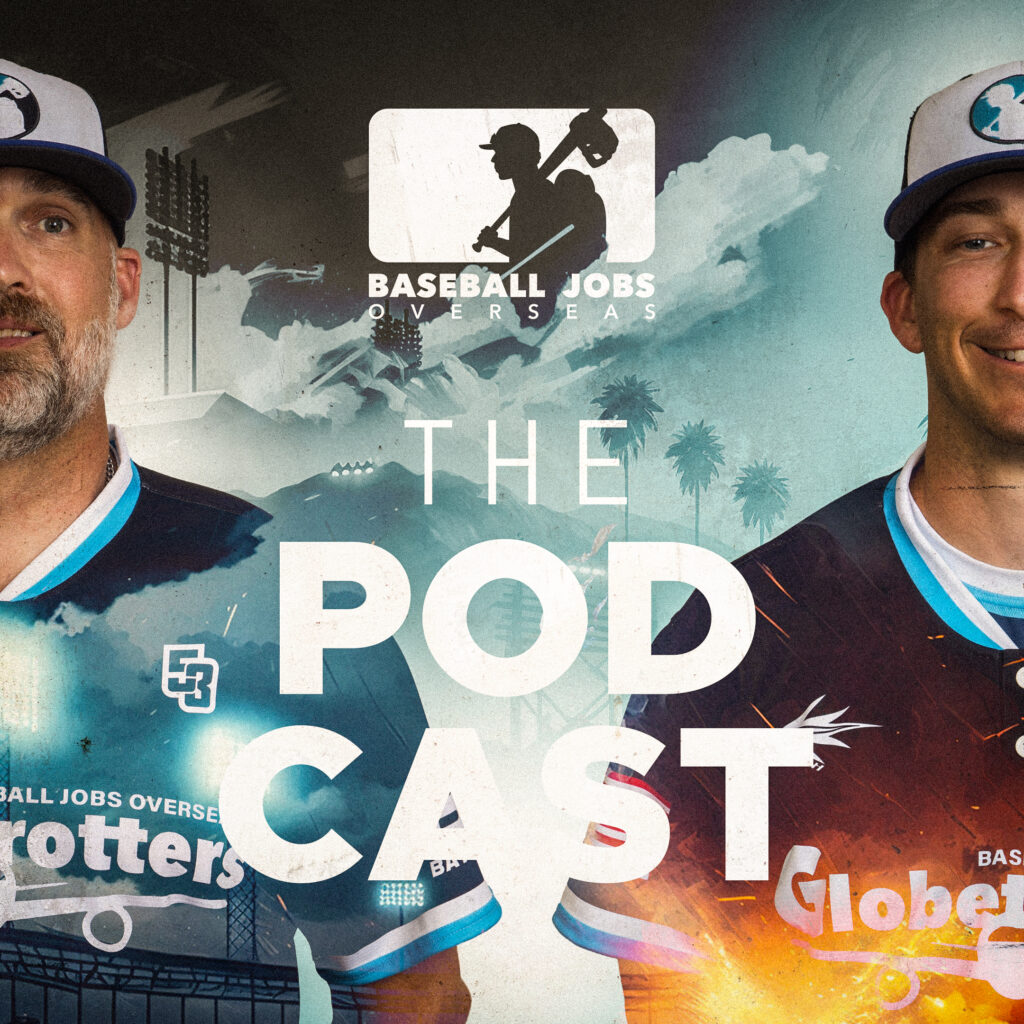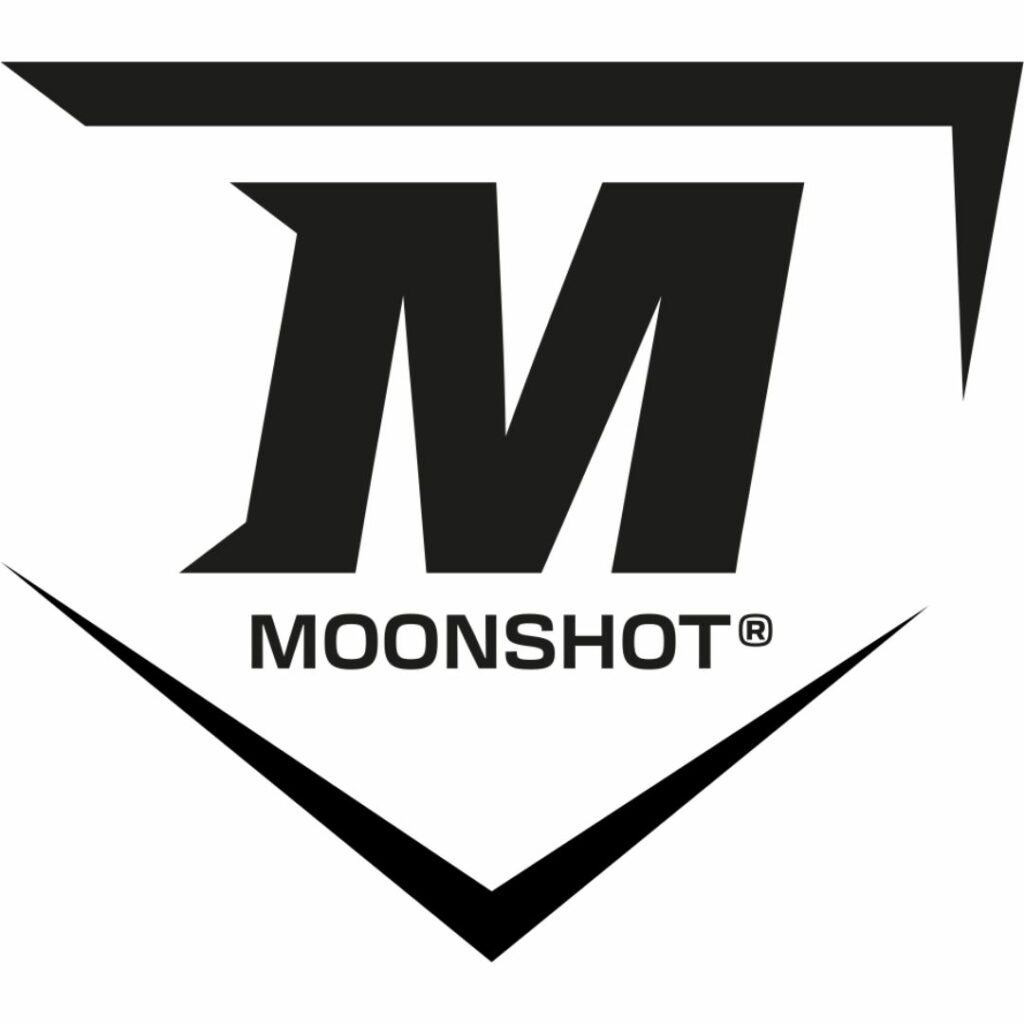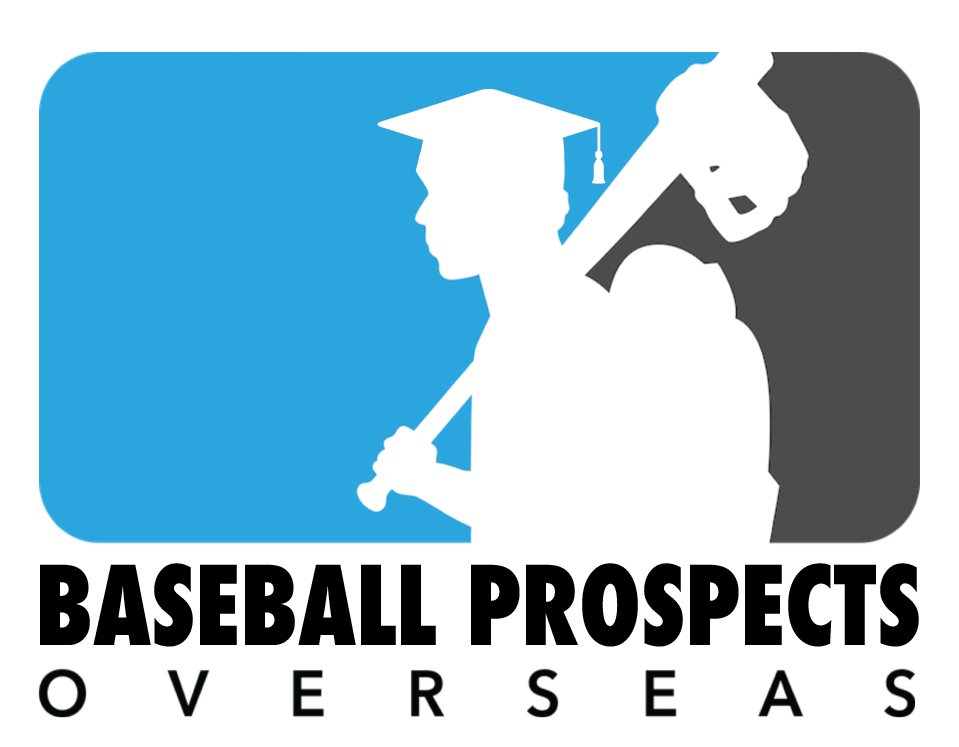August 24, 2020
By Carter Cromwell
It’s a pretty good bet that most non-Europeans aren’t familiar with the city of Regensburg. It’s an even better bet that most baseball followers don’t know about it. To the average fan, the terms “Regensburg” and “baseball” don’t link up.
But, in fact, they do.
In fact, the city of approximately 150,000 people in southeast Germany is home to the Regensburg Legionaere, one of the premier baseball programs in Europe – five times the German first-division champion, a finalist three other years and a playoff participant in 12 of the last 13 seasons. It supports 27 baseball and softball teams from Little League to city leagues and the professional Bundesliga. Among them, the teams count approximately 800 players.

Photo credit: Stefan Müller
The organization runs an on-site baseball academy that players attend year-round while also going to school. Twelve academy alumni have gone on to sign with Major League Baseball teams. Among those are Max Kepler, who hit 36 home runs for the Minnesota Twins last year, and outfielder Donald Lutz, who appeared in parts of two seasons with the Cincinnati Reds. In addition, 12 players have performed in the U.S. minor leagues, nine have played on scholarships at U.S. colleges and 27 have risen to play on the German senior national team.
“The overall program has been exciting and successful,” said Martin Brunner, the founder and one-time director of the academy, once the pitching coach for the Regensburg team in the top German league and now coordinator of European development for Major League Baseball. “It’s become the role model for Europe.”
Andy Berglund, an American who scouts internationally for the Milwaukee Brewers and has played and coached in Europe, including a stint helping Regensburg’s team, said, “To me, it has to be considered one of the best development facilities on the continent, with the professional fields, lights, indoor weight room and cages and the ability for student-athletes to develop on-site with the residence hall right at the stadium. It’s an incredible blueprint for other European programs to follow.”

Photo credit: catchfever.de
Getting to this point, though, has been a process – not something that happened overnight. The Regensburg organization was founded in 1987 as a grass-roots effort that has grown gradually over the last three-plus decades.
“I started as a player in 1990,” said Armin Zimmerman, now CEO and president of the board, “and I’ve been on the board since 1995. When we started, we played on a soccer field. And, of course, the level of play wasn’t high back then. We were just trying to find people who wanted to play. Our facilities and the quality of play are much better now.”
The Legionaere built what is now its practice field in the early 1990s and opened its current stadium, the Armin-Wolf-Arena (capacity: 3,100) in 1998. Regensburg hosted the Baseball World Cup in 2009 and a World Baseball Classic qualifying round in 2012. It has since added a second field, as well as a boarding house that overlooks the main field and houses participants at the academy, which was begun in 2002.
Brunner, a native of Austria, began understanding the need for an academy after a rookie league tryout with the former Montreal Expos. He’s gained further insight from nearly 20 years as a coach in spring training for the Atlanta Braves, Oakland Athletics, Boston Red Sox, Seattle Mariners and Los Angeles Dodgers.
“I’d played for a team in Munich, and another European player mentioned me to the Expos, who invited me to Florida for what amounted to extended spring training at the rookie-league level,” he said. “I didn’t know what I was getting myself into. It was culture shock – pitchers throwing 95-96, with 90-mile-an-hour sliders. It was eye-opening to see that level of play – how much faster the game is, even at the lowest level of pro baseball. That experience made me realize the importance of long-term development.
“I began to feel that I could have more impact as an administrator than as a player,” Brunner continued. “I came to Regensburg because they had a lot of smart people who weren’t afraid to take on big projects. It was clear that we needed to support our players if they were to get opportunities to come to the U.S. and play, either in college or professionally, and that’s why we founded the academy.”

Photo by: Stemp Performance
Players at the academy stay seven days a week, up to 330 days a year, Zimmerman said. They train and go to school during the weeks, and play on the weekends.
Lutz started at the academy in 2005. His brother Sacsha, who still plays with Donald on the German national team, had introduced him to baseball at age 14. Brunner then recruited him to Regensburg a couple of years later.
“I was really raw at the game, and I wasn’t sure if I should do it,” Lutz said, “but my mother said I should try it – said I could come back if I didn’t like it.”
He didn’t come back.
“I liked the program, and I learned a lot there,” Lutz said. “It seemed like we went 24/7. There were individual sessions, team sessions and then schoolwork. It was a really good set-up. They wanted you to train and become a better ballplayer, but also to focus on school. There was always someone to help if you needed it.
“There were only eight players at the academy then,” he added, “but there are around 30 now. We did weight training in a separate gym, and the building we lived in had a small batting cage in the basement. Now, they have a housing facility that’s like a hotel, a couple of covered batting cages and an indoor workout facility. It’s come a long way.”
The experience eventually helped take him all the way to Cincinnati. The Reds signed him out of Regensburg, and, after working through their farm system, he played for them in parts of 2013 and 2014.
“I played in the second division with Regensburg and occasionally filled in on the first-division club,” Lutz said. “I was still rough and didn’t know much about mechanics, but everything I learned there made enough of an impression on the Reds that they signed me.”
Brunner added, “It’s too bad that Donald had the elbow injury [requiring Tommy John surgery] and wasn’t able to play longer in MLB, but the fact that he got that far was a tremendous achievement. In Germany, that was kind of like breaking the four-minute mile. After that, no one could say it wasn’t possible for a German player to get to the big leagues. It showed that what we were doing was legitimate – something that had a plan and a structure behind it.”

Donald Lutz. Photo credit Al Behrman/Associated Press
Kepler provides additional proof of that. The son of an American mother and Polish father who were both professional ballet dancers, he was born in Berlin and started playing Little League ball at age 6. A Twins scout first noticed him at age 14 in a junior tournament. He later attended the Regensburg academy for two years and played on the first-division team.
“Max’s mother contacted me when he was 13 about attending the academy,” Brunner said. “We had a good conversation, but I said we should wait a year because we weren’t working with players that young. Once he got there, he separated himself from most of the others pretty quickly, and it was clear that he was a prospect. You could see that he had the tools.”
Kepler began his minor-league career in the Minnesota system in 2010 when he was 17 and first reached the major leagues near the end of the 2015 season. After last season, he returned to Germany, spoke to many youngsters in several cities and was impressed with the growing interest in baseball there.
“Not only with how many kids came out, but the fact that so many were so young,” Kepler said recently. “A lot of them had never picked up a ball before. And that’s just what we need to do – get kids interested in baseball early so they won’t just play soccer their whole lives. I hope that when the pandemic eases, I’ll be able to go back to Germany each off-season and speak to more young people about the game.”

Max Kepler
An article earlier this year quoted Jim Small, Major League Baseball’s senior vice president, International, as saying that Kepler “understands the impact he can have on baseball in Germany, and we all got to see that in the way people responded to him on the trip last fall. Baseball has had a strong foothold in Germany for many years, and creating local heroes will help accelerate the game’s growth.”
Kepler hopes increased interest will result in greater funding and continually improving facilities – “It starts with funding and then better facilities. Right now, we have two or three in Germany that are at a higher level, maybe the college level.”
As for Regensburg, it will stick to its plan – the process – in its quest for continual improvement. Unsurprisingly, the program’s goals align well with Kepler’s thoughts.
Zimmerman said the program introduces baseball to children as young as 4 – “The earlier we can get them interested in the game, the better.
“We want to keep improving our facilities so this will be the best place in Europe to play,” he continued. “We also want to focus on developing more players in the various regions so we’ll have more depth – a bigger talent pool. And we’d like to be more international – have players at the academy from all over Europe. Right now, we’ve got players from Spain, Israel and Austria, and we’ll have one from Italy starting in the fall.”
Brunner added, “The success at Regensburg shows how much impact we’ve had. The guys there know how to play the game. But a program can always improve.”
Travel the world using baseball or softball as your ticket
Our baseball and softball members get paid to play or coach overseas year-round, mostly in Europe and Australia.
There are a variety of levels overseas which present opportunities for both the college grad and the established professional.




 Moonshot is a baseball apparel company based out of Mannheim, Germany, and is owned and operated by a good friend of ours, Juan Martin. What separates Moonshot from the other companies we have used in the past, is the value for your money and the customer service. You will not find prices like this in Europe or someone that responds faster.
Moonshot is a baseball apparel company based out of Mannheim, Germany, and is owned and operated by a good friend of ours, Juan Martin. What separates Moonshot from the other companies we have used in the past, is the value for your money and the customer service. You will not find prices like this in Europe or someone that responds faster. 
 High end, professional wood and composite bats with a wide selection of models using many different types of wood from Japan, North American and Taiwan. Hakusoh Bat is approved with the WBSC and across Europe.
High end, professional wood and composite bats with a wide selection of models using many different types of wood from Japan, North American and Taiwan. Hakusoh Bat is approved with the WBSC and across Europe. 




